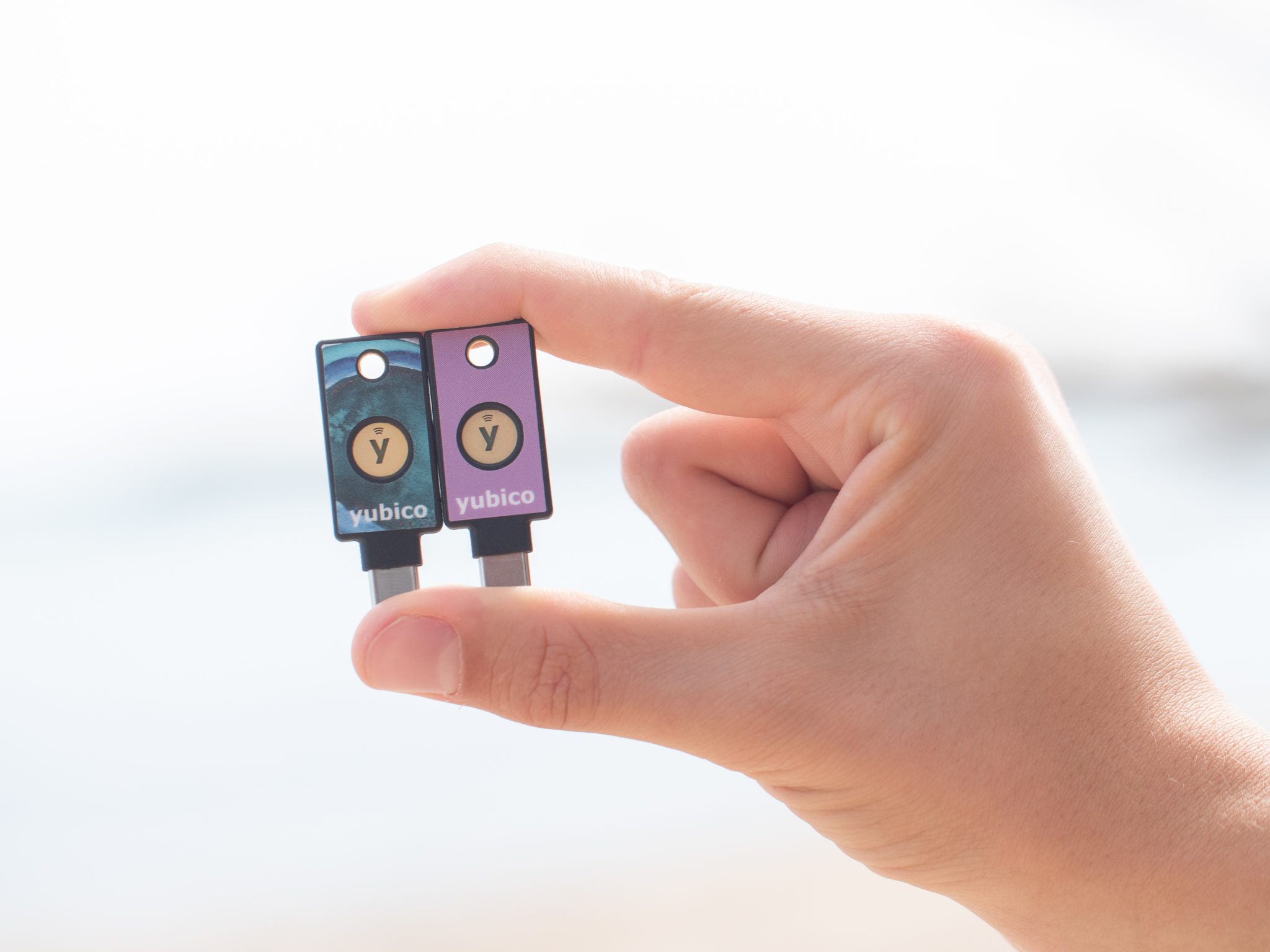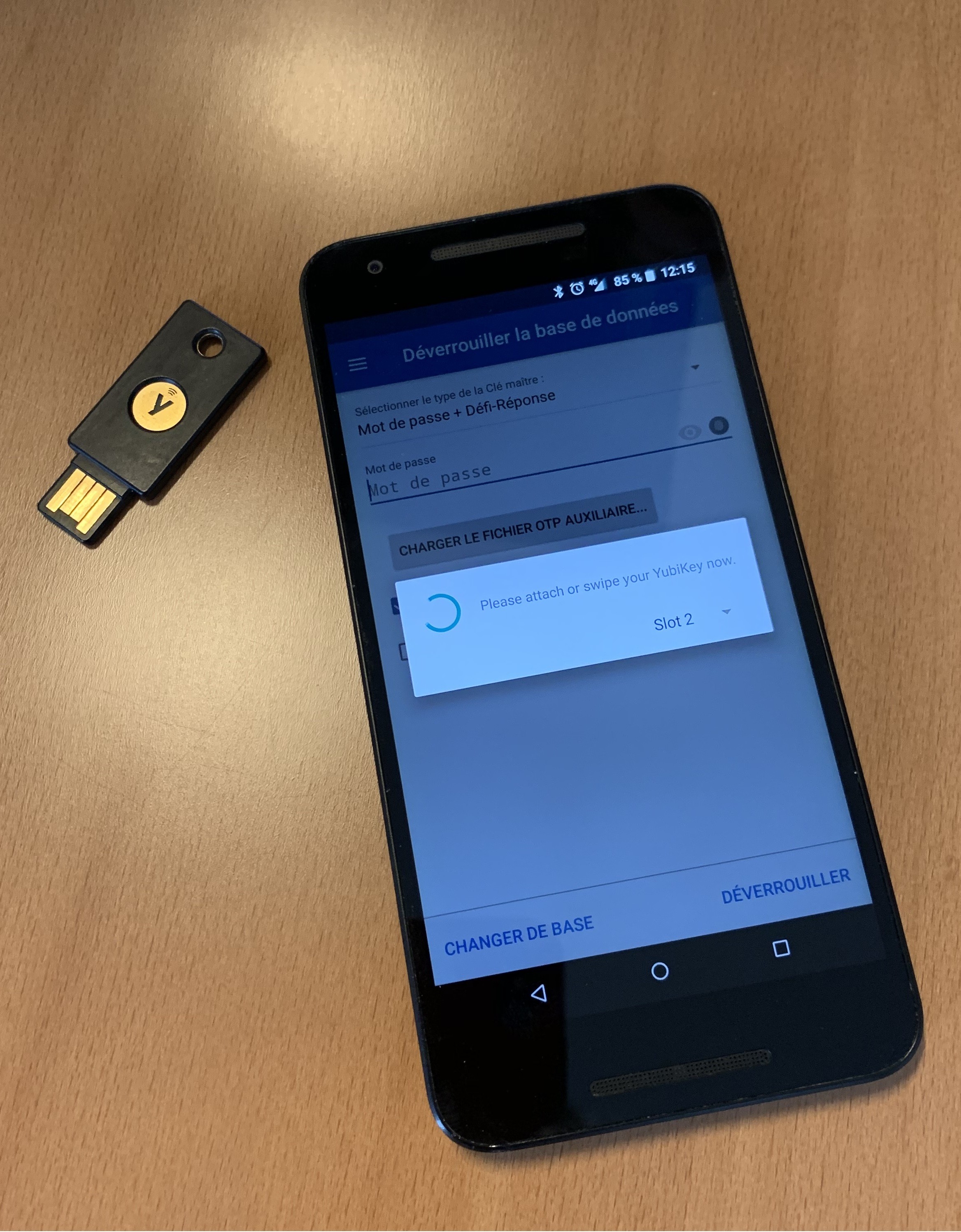

Key files are also supported by KeePassium on iOS and possibly also by other apps such KeePassDX and KeePass2Android on Android, and Strongbox on iOS.

KeePassXC databases can be synchronized via, say, syncthing, Dropbox, or a file share, etc., but the key files ought to be kept separately. $ openssl enc -d -A -base64 -in /tmp/paper -out kp-new.key I would likely suggest a key file created with random data and have a backup of the key file printed on paper (using a font with which I can easily differentiate zero and oh and one and ell …): Think of it as a really complicated password that is read from a file, so you don’t have to remember or type it into your master password field. These key files can also be an image, a love letter - any file which doesn’t change. The desktop app and the CLI program can optionally create these key files, and they contain 128 byte of random data which is used to augment the password. KeePassXC databases ( *.kdbx file format explained) are protected with either a password or a key file or both. (Start with some screenshots if you like.) the database These notes are intended as a reminder to myself of the features and possibilities I discovered in KeePassXC. I think KeePassXC matches the requirement. I want to be able to recommend a program which has a fixed price (Open Source is fine) and a UI which will hopefully remain somewhat consistent.

Aside from a number of UI quirks in EnPass I’ve been happy enough with it, and I got it at the time when they had a purchase model I believe that has meanwhile also changed to a subscription model. I ran away from 1Password many years ago when, IIRC, forced cloud upon their users and also converted to a subscription model and settled for EnPass at the time. (I tend to mensplain a bit.) As such I’ve been looking much more deeply into KeePassXC as a multi-platform, Open Source, and very decent password manager. More and more frequently, when I ask friends and family (people with a mainly non-computing background) how they manage their passwords their eyes cloud over, and I then feel the need to tell them that they ought to apply good password hygiene.


 0 kommentar(er)
0 kommentar(er)
